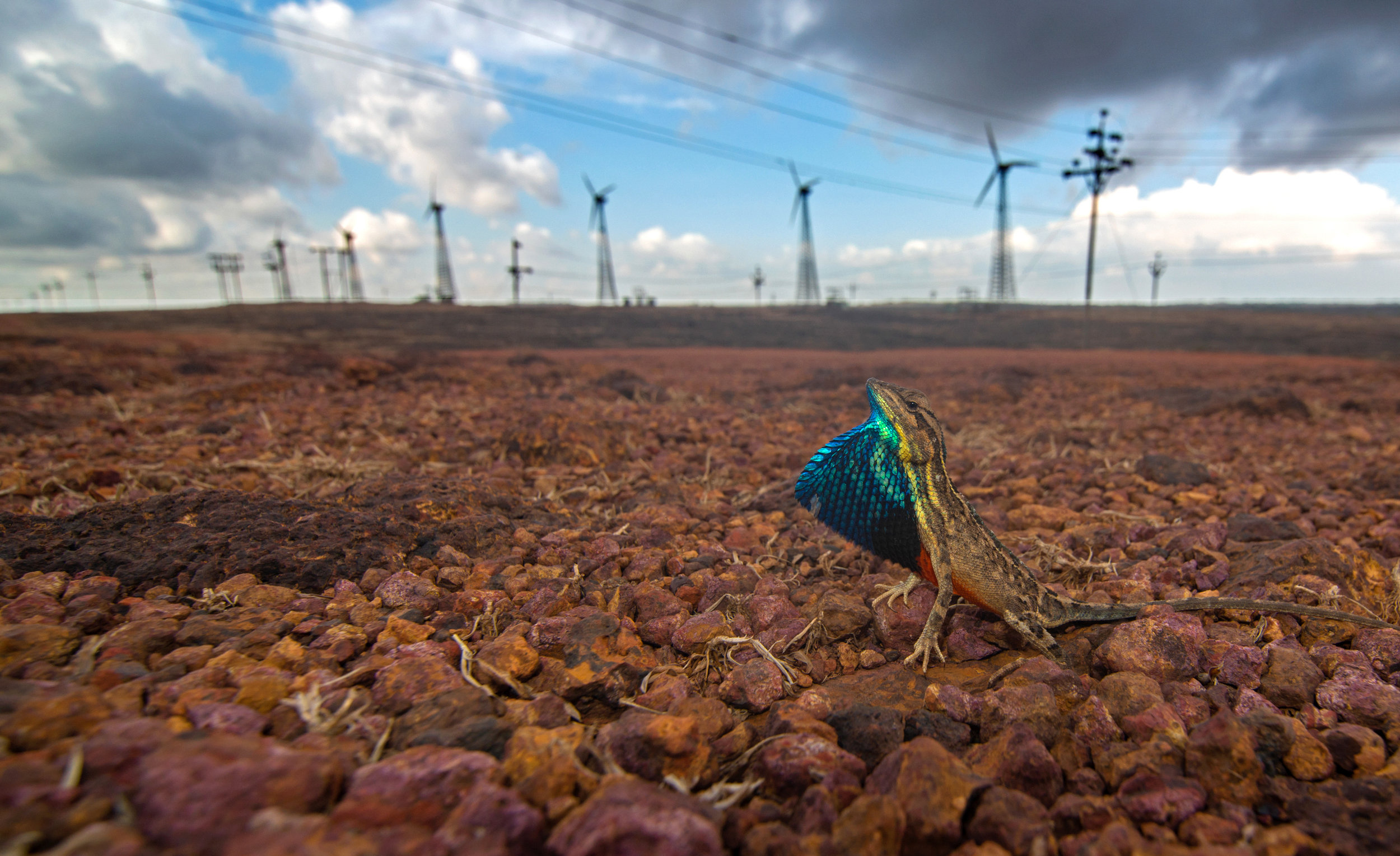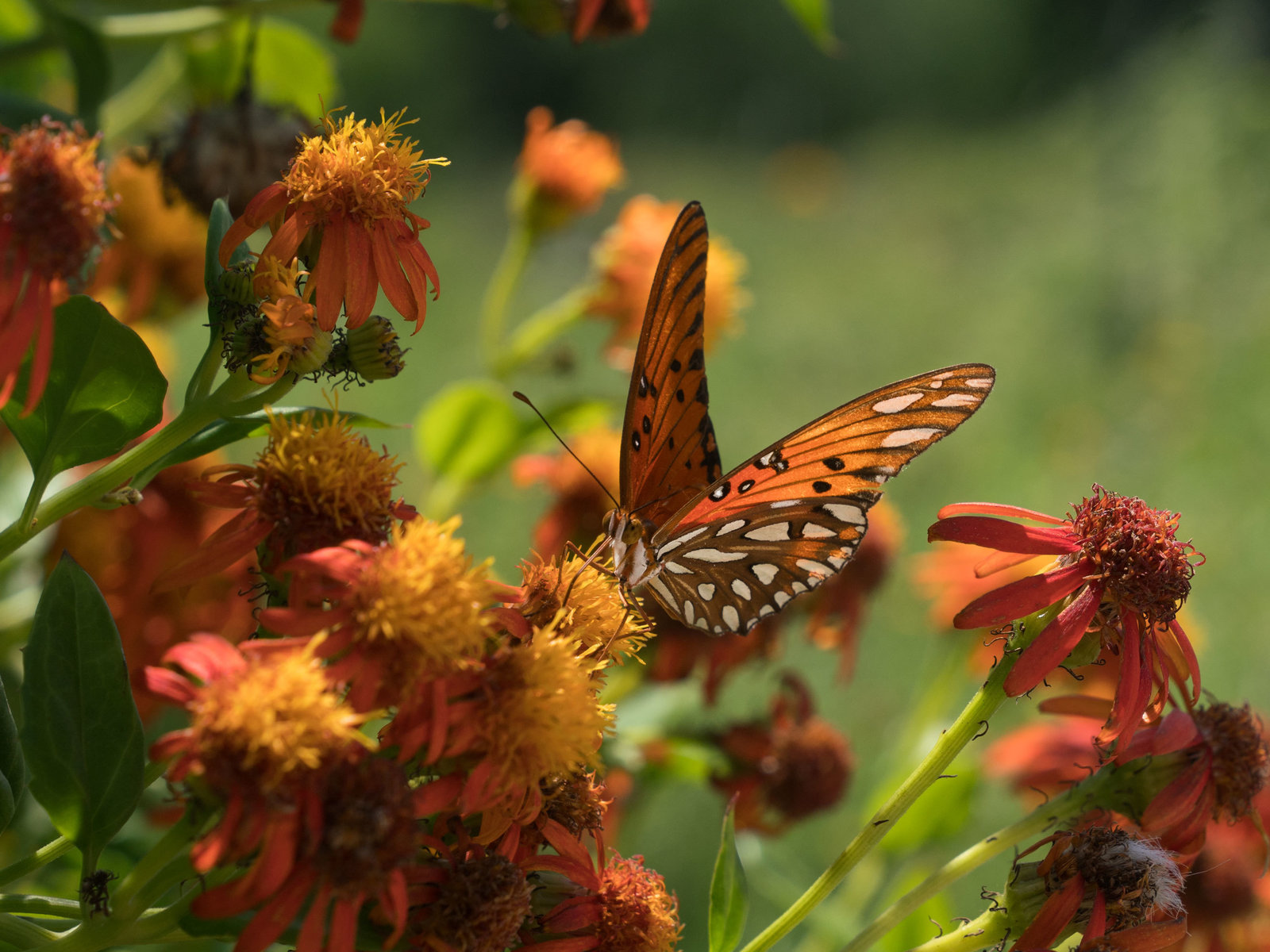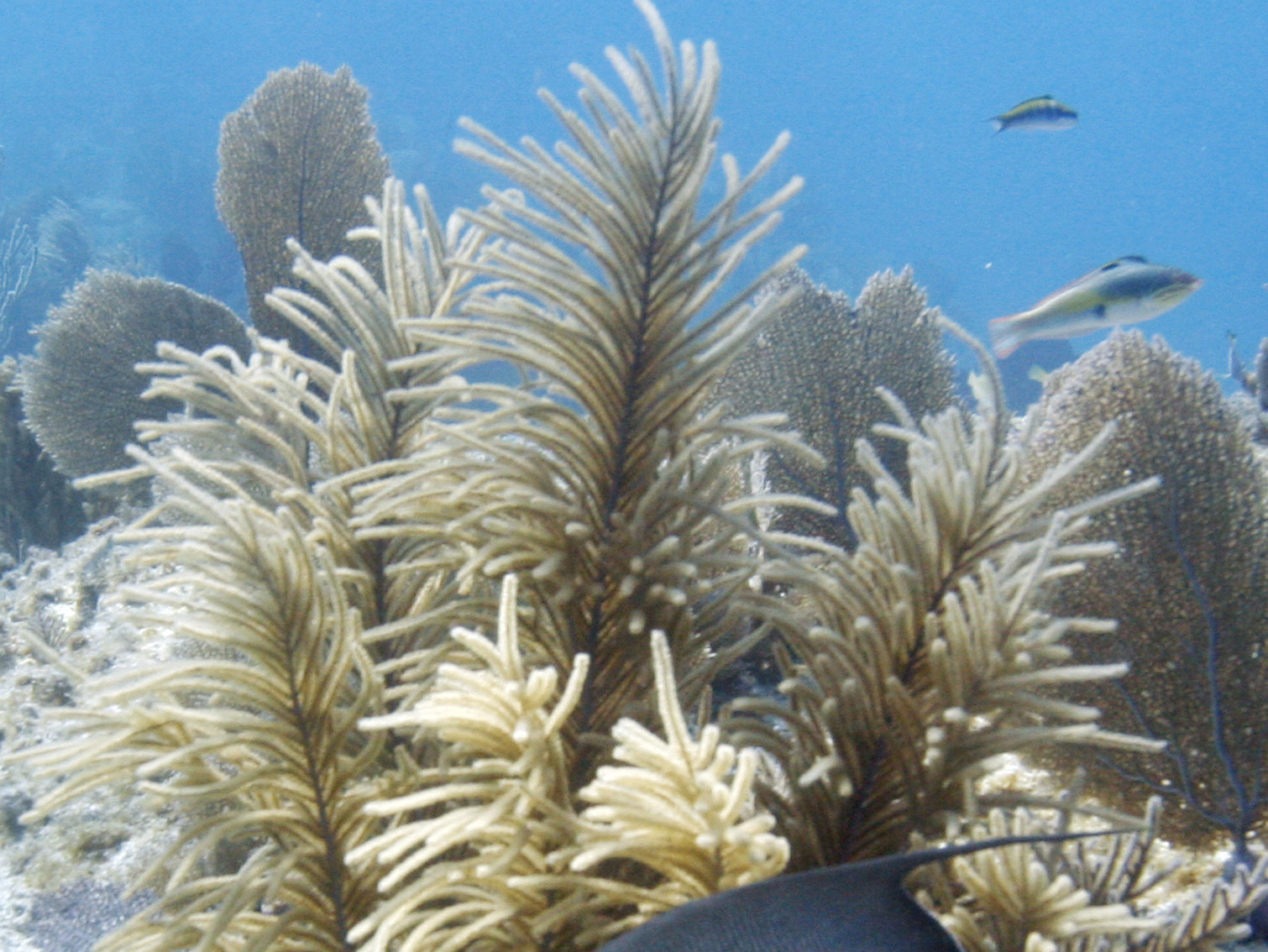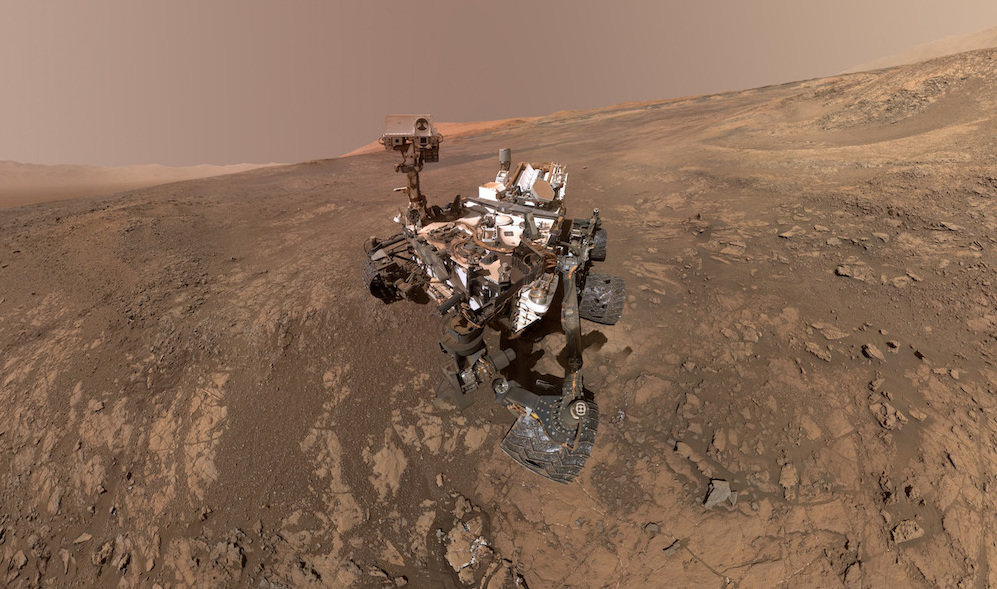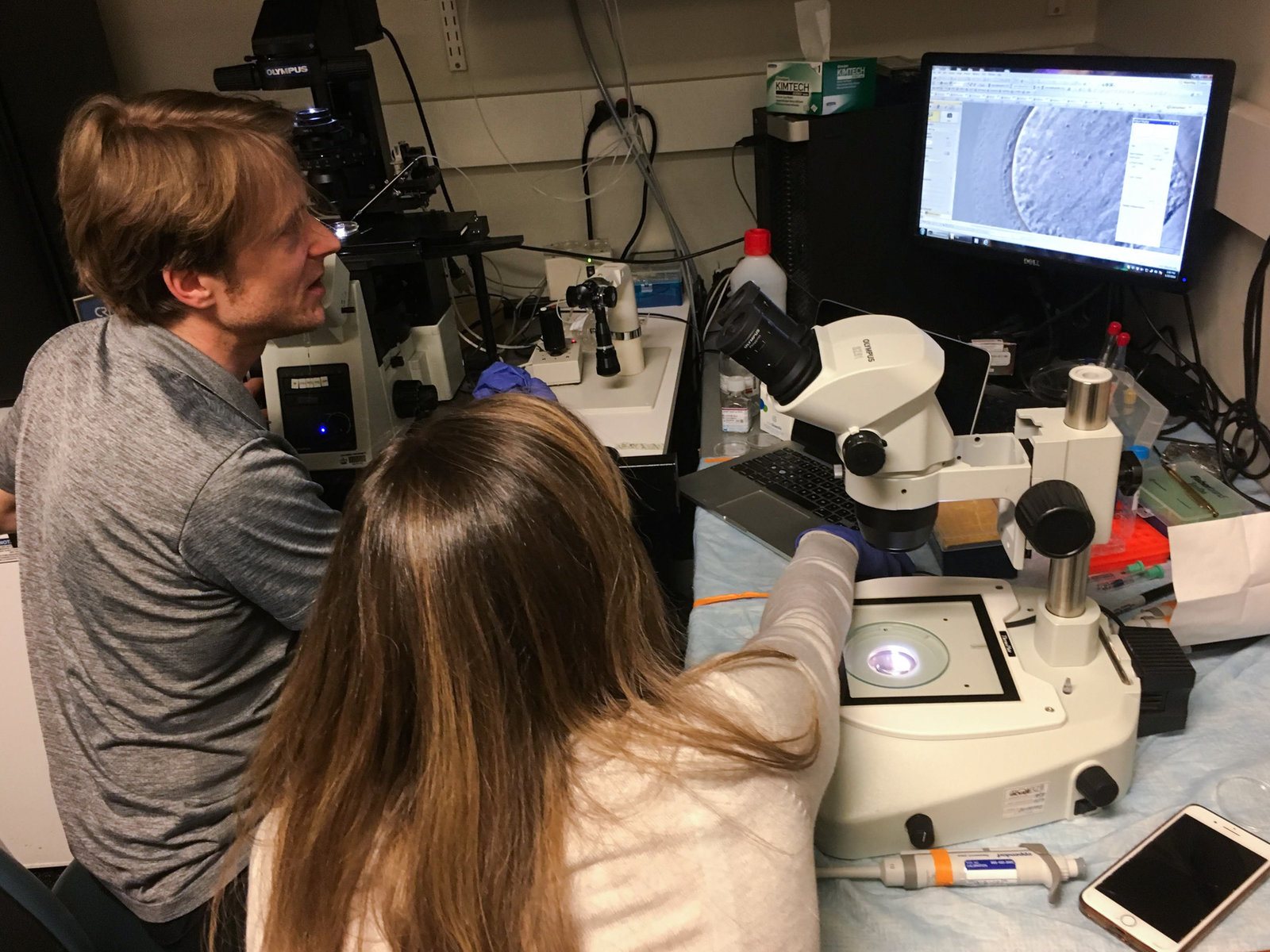 Tuesday, February 19, 2019 at 11:10AM
Tuesday, February 19, 2019 at 11:10AM Massive Loss Of Thousands Of Hives Afflicts Orchard Growers And Beekeepers
"Almond bloom comes nearly all at once in California — a flush of delicate pale blooms that unfold around Valentine's Day."
blooms that unfold around Valentine's Day."
"And beekeeper Bret Adee is hustling to get his hives ready, working through them on a Central Valley ranch before placing them in orchards."
"He deftly tap-taps open a hive. 'We're gonna open this up, and you're going to see a whole lot of bees here,' Adee says."
"Under the lid, the exposed sleepy occupants hum away. He uses a handheld smoker to keep them calm and huddled around their queen."
"This third-generation beekeeper works night and day with a crew of more than 35. Adee has been busy staging more than 100 semi truckloads of his honey bee hives in almond orchards over a 200 mile swath of the Central Valley."
"When temperatures rise and the blooms open, his bees wake up and go to work. It's his hives' first yearly stop on a 6,500-mile tour across the nation."
"But this almond bloom, Adee's scrambling more than usual."


